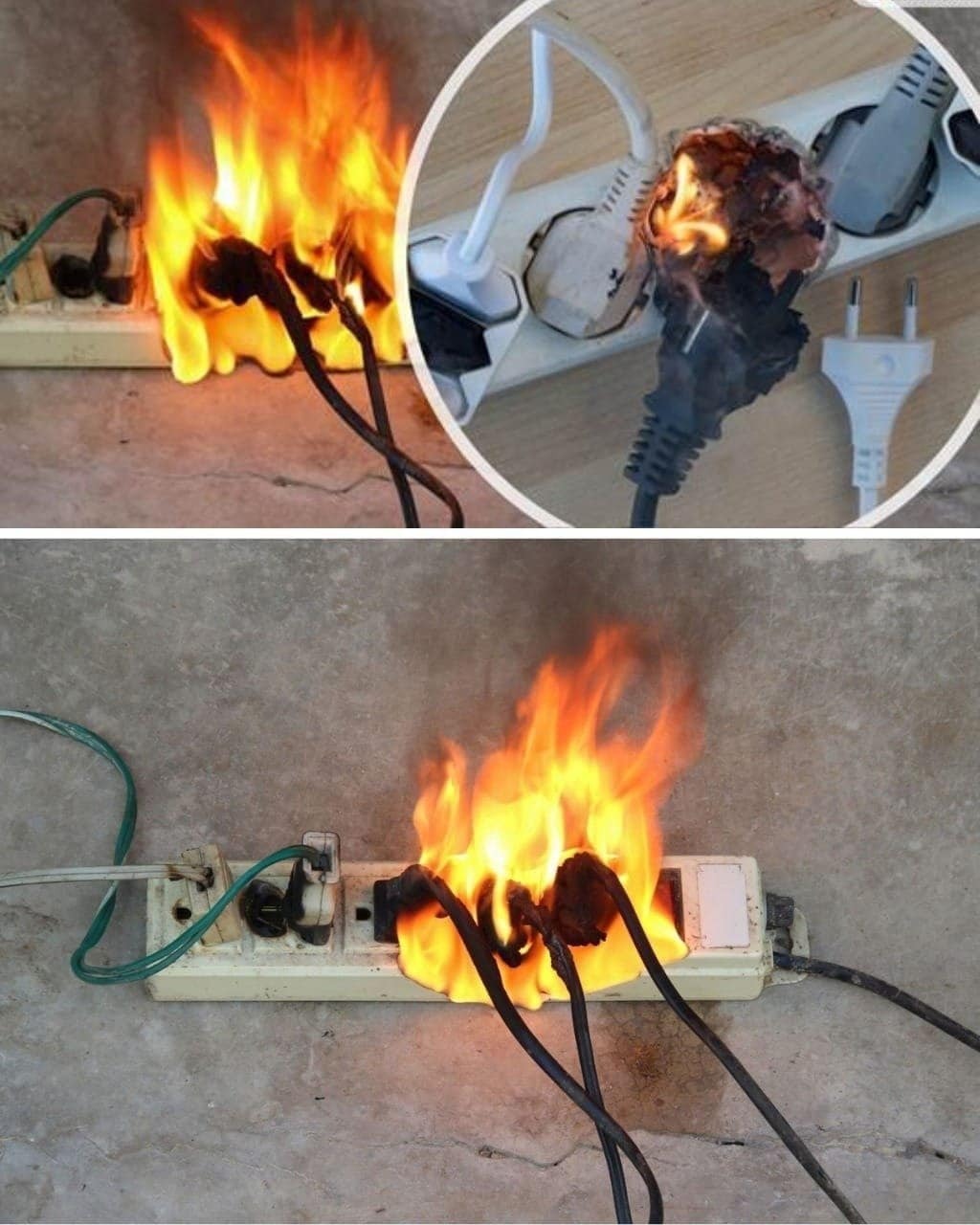Though it’s incredibly convenient and cost-effective to connect electrical gadgets into power strips, are you aware that there are specific hazards involved with this?
Overloading the power strip or plugging in extremely power-hungry electronics can lead to serious breakdowns. Not only may it start fires, but it can also harm home appliances and knock off electricity. What about if I wanted to say that?
The only reason I stated it was because that was my experience. From that point on, I have been very cautious about anything I do… Here are nine things you should never use a power strip for.
Before anything else, check the power strip’s maximum output.
You need to know one thing before I can give you the rundown of electrical items you shouldn’t plug in. The power cord of every power strip will display the maximum power that it can handle.
Accordingly, peruse this data before you even think about connecting any electrical gadgets. After then, it’s easy. The total power of all devices connected to the power strip has to be added.
Will you teach me how to determine the power of this or that device?
This data is printed on every single electrical appliance, just like it is on the power strip. Here is a specific example I can provide. Pretend for a second that the highest current that your power strip can handle is 3500 W. Consider the scenario when you have an oven plugged in, which uses 2500 W all at once. Take, for example, your 800 W vacuum cleaner and 250 W kettle. You have used more than 3550 W (2500 + 800 + 250). Right now, there’s just one way to fix this particular problem.
To lower the power strip’s maximum threshold, unplug one of its electrical gadgets. If not handled properly, it poses serious risks. The following is a list of everything that has no business being connected to a power strip.
First, the oven
Without a question, the oven is one of the most power-hungry home appliances. Do not connect it into a power strip under any circumstances, regardless of how little you use it.
To prevent potentially harmful overheating, it is preferable to supply a separate wall outlet.
Secondly, the kitchen fridge So now I am prepared for what you are about to say. When compared to other home appliances, the refrigerator does not require the most power. In our minds, it must be beneficial as it doesn’t drain the power grid too much.
It has no issues being connected to an extension cable. No way! Remember that a refrigerator is just a source of constant electrical current going to the wall outlet. The takeaway here is that you need an extension cable to power this kind of gadget. Next, I’ll get into refrigerators, although this is relevant to freezers as well.
Number three: the washer
Continued on next page (page 2)👇
